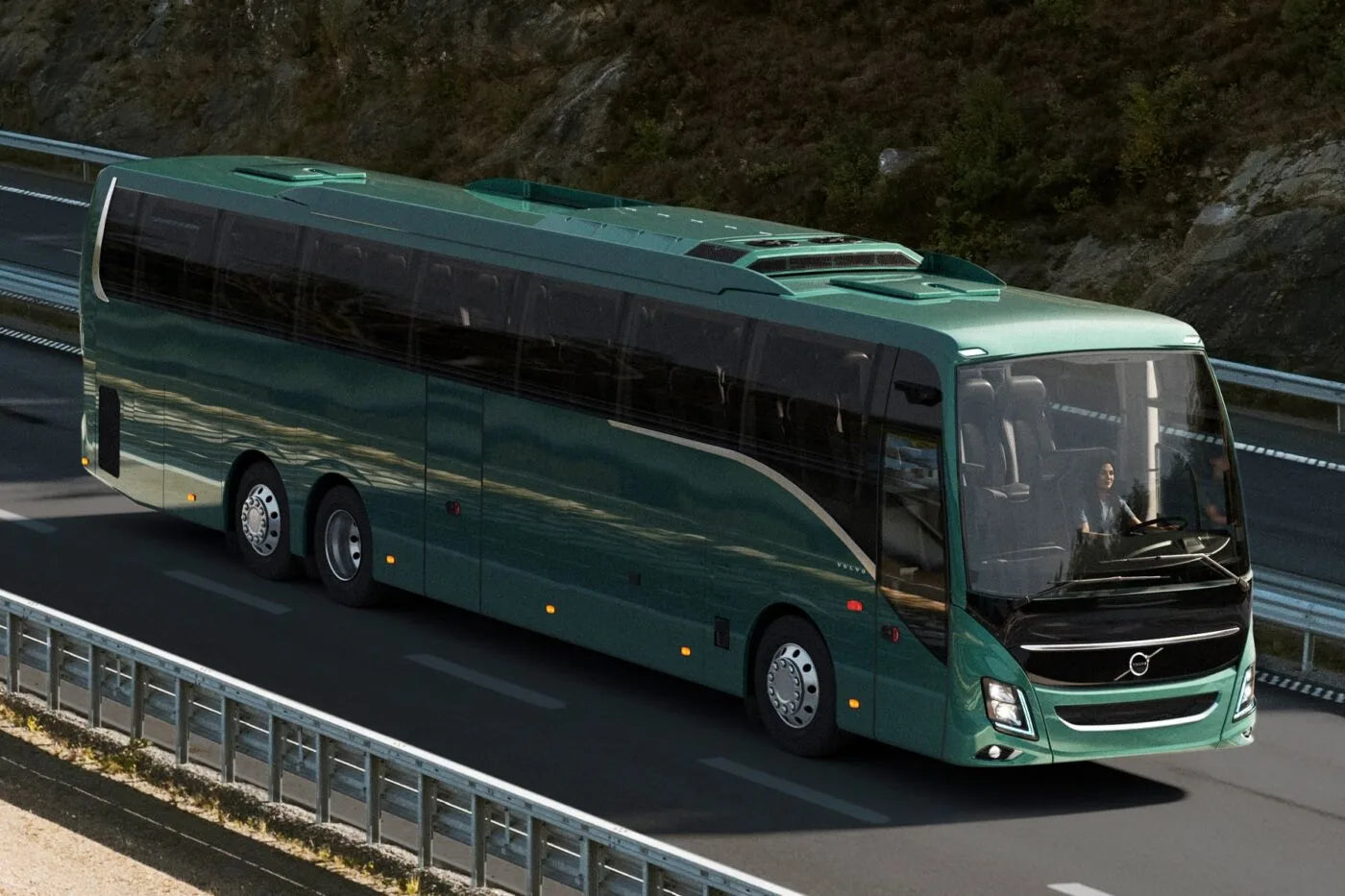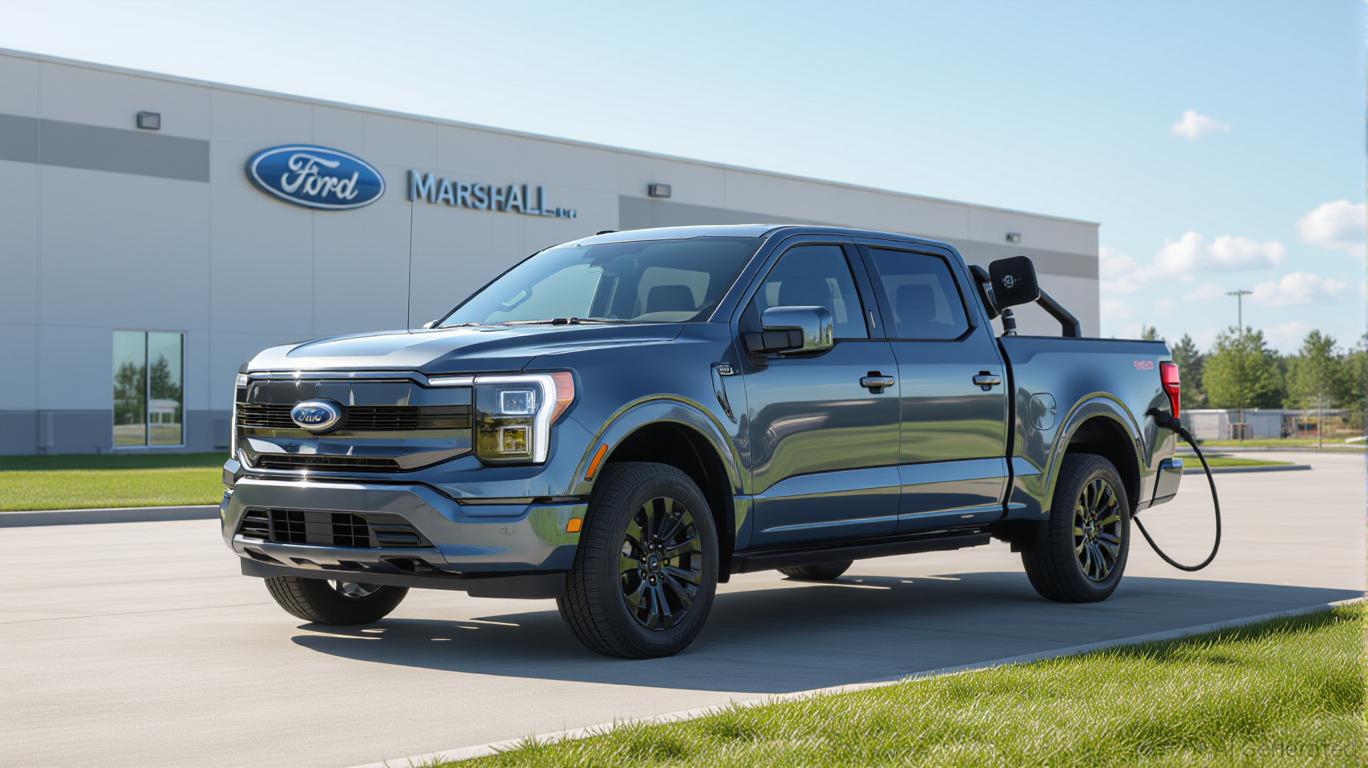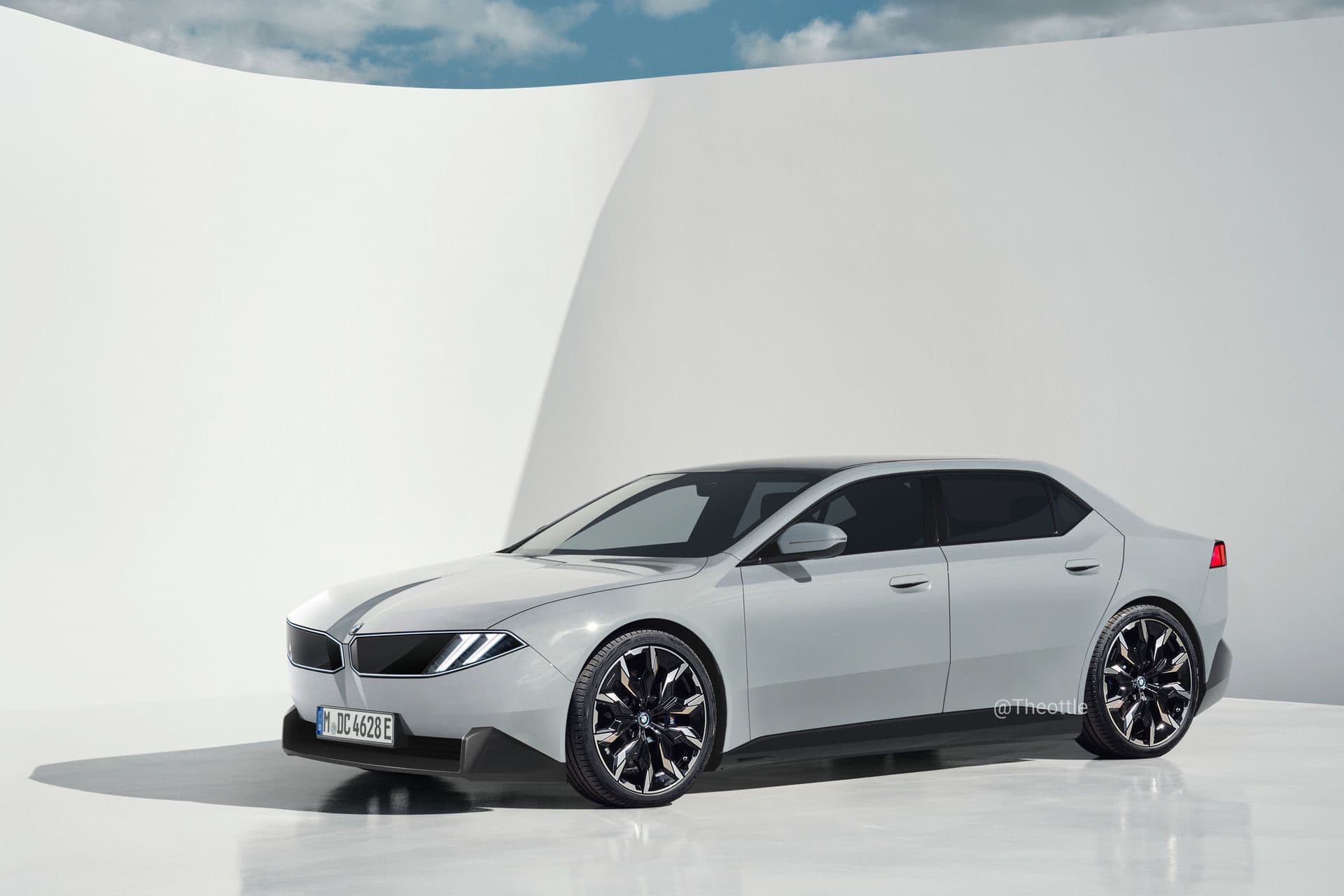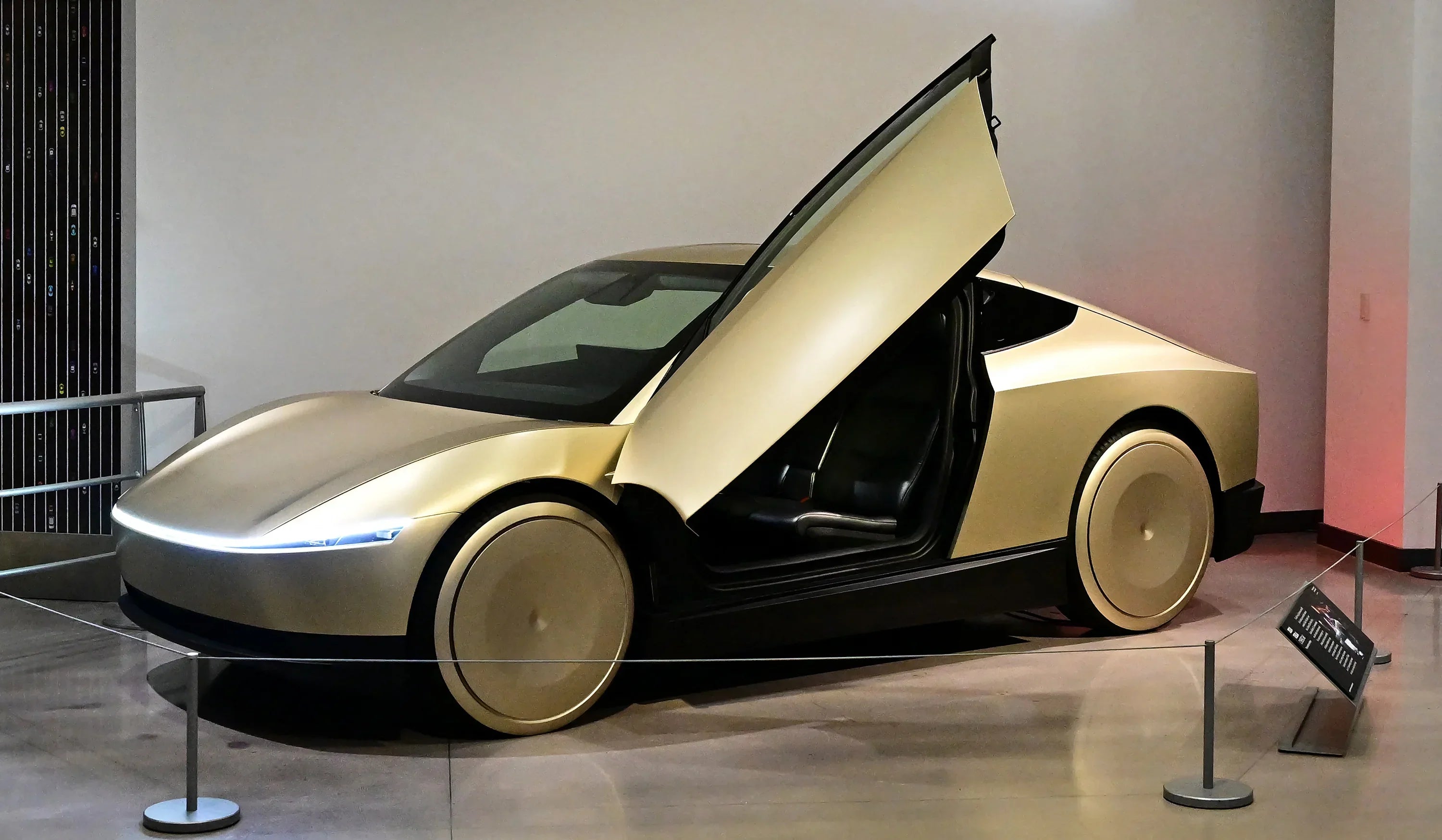A Massive Battery for Long-Distance Travel
Volvo Buses has unveiled the BZR Electric coach chassis, a groundbreaking platform that can be fitted with one of the largest-capacity battery packs currently available. With the ability to deliver up to 435 miles (700 kilometers) of driving range on a single charge, the BZR aims to reshape the future of long-distance passenger transport by combining high performance with long-haul practicality.
Flexible Configurations and Modular Battery Options
The BZR chassis is offered in three different configurations, each designed to meet the varying needs of operators. At the heart of the system is a modular battery pack, where each individual module stores 90 kilowatt-hours (kWh) of energy.
-
The shortest 4x2 version accommodates four modules, totaling 360 kWh.
-
The largest 6x2 version supports up to eight modules, delivering a record-setting 720 kWh.
Each battery module is rated at 600 volts and weighs approximately 1,180 pounds (535 kilograms). That means the maximum setup tips the scales at more than 9,400 lbs (4,280 kg). While that’s a serious weight penalty, the BZR’s engineering ensures that performance and efficiency remain intact.
Powerful Motor Options to Handle the Load
Volvo has equipped the BZR with motor options designed to easily manage the enormous battery system and vehicle weight.
-
The single-motor variant produces 268 horsepower (200 kW) and 295 pound-feet (400 Nm) of torque at the output shaft. Thanks to a two-speed automated transmission, torque at the wheels skyrockets to 15,415 lb-ft (20,900 Nm).
-
The dual-motor variant doubles down on performance, offering 536 hp (400 kW) and 626 lb-ft (850 Nm) at the motor, translating to an incredible 24,708 lb-ft (33,500 Nm) of torque at the wheels.
These figures make the BZR one of the most powerful electric coaches in the market, ensuring smooth operation on highways, mountain passes, and heavy-duty long-haul routes.

Charging Flexibility: CCS2 or OppCharge
A vehicle of this size requires robust charging infrastructure, and Volvo has addressed this by offering two charging solutions.
-
CCS2 connector: Accepts up to 250 kilowatts for fast depot charging.
-
OppCharge pantograph system: Provides up to 450 kW. This overhead system lowers a pantograph from a charging stall to connect with a bar mounted on the bus’s roof, making it ideal for en-route charging at bus terminals or transit hubs.
This dual approach ensures that the BZR can adapt to various regional charging setups, giving operators maximum flexibility.
Advanced Safety and Driver Assistance
The BZR is not just about raw power and range; it also prioritizes safety. The chassis is integrated with Volvo’s suite of advanced driver assistance systems (ADAS), including:
-
Adaptive Cruise Control
-
Collision Warning with Emergency Brake
-
Side Collision Avoidance Support
Operators can further tailor the chassis to their markets, as it can be bodied by different manufacturers and offered in left- or right-hand drive. Charging ports can also be positioned in multiple locations, simplifying depot operations.
Entering European Markets First
The first Volvo BZR Electric coach chassis has already been bodied by Carrus Delta (CD) and will soon be deployed in Nordic and Benelux markets. This rollout reflects Volvo’s strategy of targeting regions with ambitious zero-emission targets and well-developed charging infrastructure.
Competition in this segment is intensifying. The MAN Lion’s Coach E offers up to 536 kWh of battery capacity and a claimed range of 403 miles (650 km), while Scania has introduced a plug-in hybrid coach designed to combine diesel and electric power for flexible operations.
By comparison, the Volvo BZR’s 720-kWh maximum pack and immense torque set a new benchmark, placing it at the forefront of heavy-duty, long-distance electric mobility.
A Glimpse Into the Future of Long-Haul EVs
Volvo’s latest innovation highlights how rapidly the electric coach sector is evolving. With record-setting battery capacity, unprecedented torque, and flexible charging systems, the BZR Electric could become a cornerstone of future long-distance travel. For cities and operators looking to cut emissions without compromising performance, the BZR represents a clear step toward a cleaner and more capable transport future.
Recommend Reading: The New Volvo XC70: Long-Range PHEV With DC Fast Charging And V2L








Share:
Volvo EX60 Ushers In A New Era Of Prismatic, Structural EV Batteries
Tesla’s 500 kW V4 Superchargers Could Redefine EV Charging in America